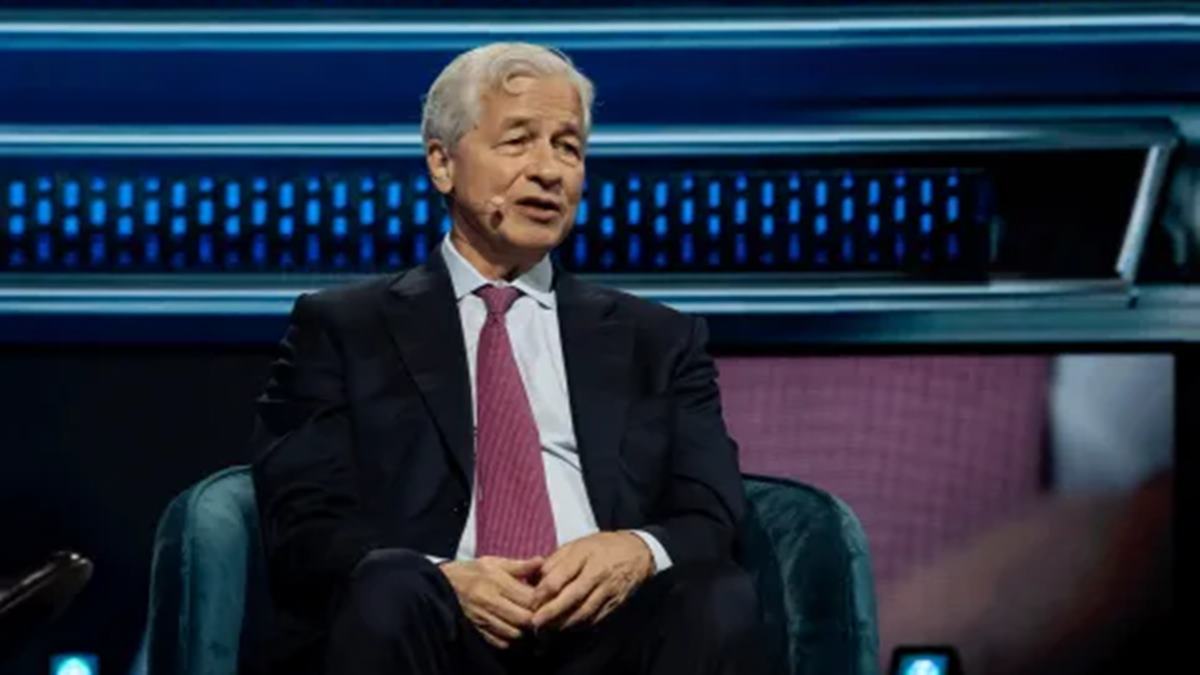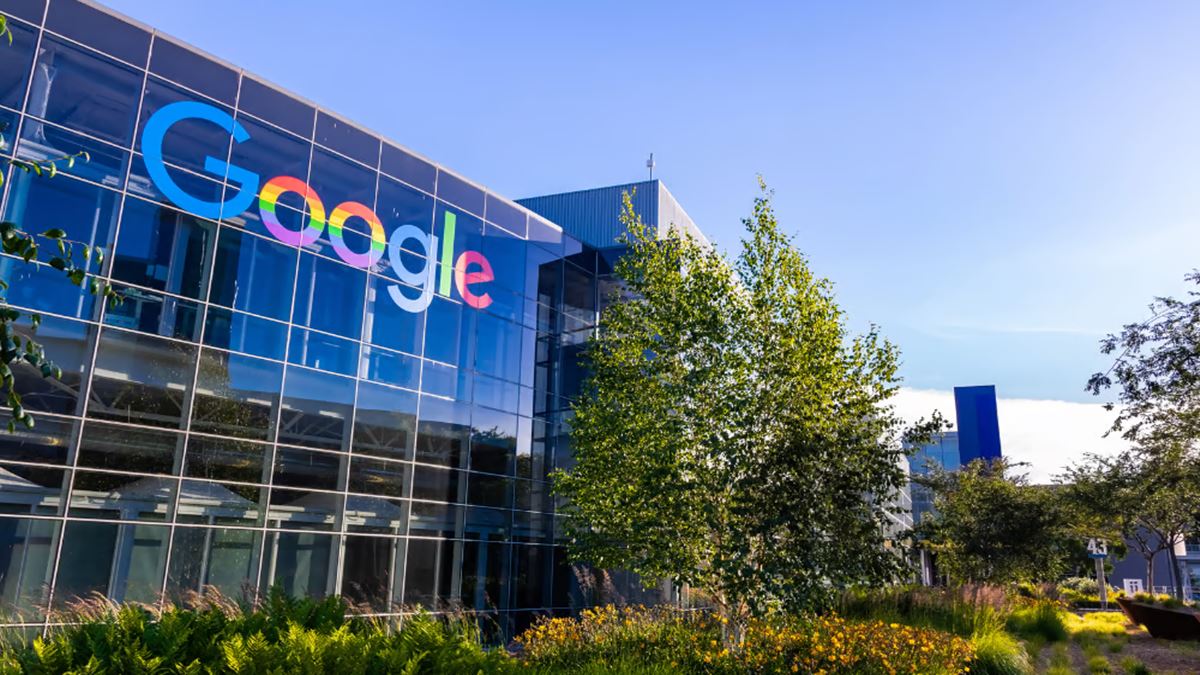Gen Z employees are entering the workforce with fresh perspectives, distinct communication styles, and, at times, expectations that challenge traditional norms.
For business leaders, that shift can be disorienting – but it also offers opportunities for growth.
Frederik Anseel, Dean of UNSW Business School and Professor of Management, has been studying generational shifts for more than two decades.
He told HRD many of the so-called “Gen Z traits” reflect a natural stage of transition into professional life, rather than an entirely new phenomenon.
“Every new generation of young people comes with energy, new ways of speaking, and new ways of working. They’re not used to the workplace yet, and that can cause friction – but it’s the same story we saw with millennials 20 years ago,” Anseel said.
Gen Z typically refers to individuals born between 1997 and 2012. In the workforce, most Gen Z employees are in their late teens to late twenties.
A recent email on social media platform, Reddit, posted on the ‘r/GenZ’ subreddit, created discussion about how younger employees are engaging – or not – with the world of work, after an employee sent an email to their manager advising they were taking annual leave because “my energy feels a little off so not getting that vibe right now.”
One comment read: “Is it really that hard to right [sic] a short and professional email to your work? Is it? And I don’t mean with AI, I just mean taking a breath and writing an email like every word is on court record. Just be serious about it, damn. It’s not hard.”
Recruiting Gen Z employees through EVP and ‘war on talent’
Businesses have no choice but to address the needs of Gen Z in the workplace because of the shortages of talent across industries, Anseel said.
“We will need every talent we can find,” he said.
“That means investing in their development and creating strong workplace cultures where young people can learn from more experienced colleagues.”
With unemployment low across Australia and the population ageing, Anseel believes investing in new talent is more important than ever.
“If we want to run our businesses, we need every talent we can find. That means investing in Gen Z, even if they enter the workforce with different habits and expectations.”
“The companies that succeed will be those that stop resisting generational change and instead build strong cultures that integrate young people into the workplace,” he said.
Flexible working arrangement and Gen Z engagement
Anseel believes flexible work is a key issue that needs to be considered because at the infancy of your career learning through osmosis is the most beneficial.
“For that generation, let’s say the first five years of work experience, working fully remote is really problematic – because that’s when they learn how to work,” Anseel said.
“We know that young people with the best early work experiences are the ones who accelerate in their careers. And those experiences happen in the workplace – not in isolation at home.”
With younger employees overwhelmingly prioritising flexible work arrangements, according to McKinsey, underscoring the importance of office-based work could be the difference in future-proofing your workforce.
“Flexibility is important, but culture, role models and those daily interactions in the office are what make people feel they belong.”
“If you want young employees to feel connected…you need strong workplace cultures,” Anseel underscored.
Gen Z engagement strategies
Strategies for employee engagement, Anseel noted, should be done as early as possible.
“You learn how to be a professional by observing. You pick up cues in meetings, listening to how a colleague handles a client, or seeing how teams respond when things don’t go well. That kind of learning doesn’t happen through a screen.”
“Sometimes businesses overestimate the impact of telling new hires what’s expected, and underestimate the role of culture,” he emphasised. “Culture is behaviour – it’s how people interact, how they take lunch, how they respond to deadlines. That’s what shapes employees.”
But in saying this, it’s important to note that employee shouldn’t be “pampered too much” – as it’s challenging situations and assignments that help them grow.
“The key is guiding them through that journey – not shielding them from it,” Anseel concluded.




















